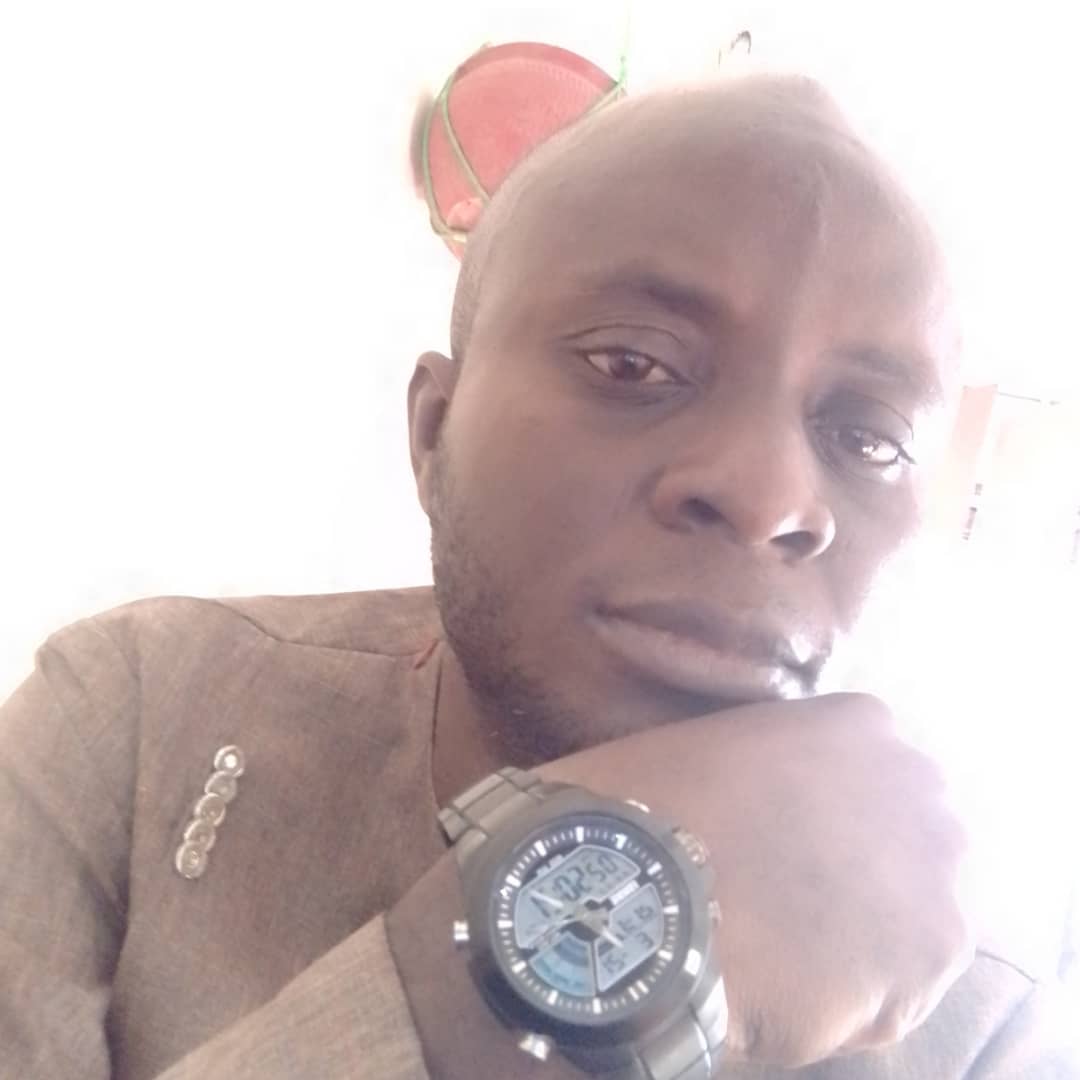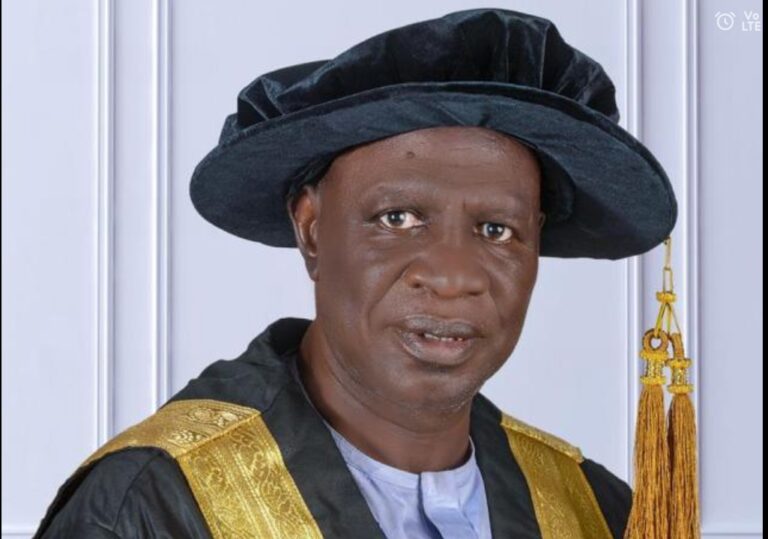Budget Padding and Matter Arising – Constituency Project. By Olushola Omogbehin

Budget Padding and Matter Arising – Constituency Project



As the word “padding” has gradually instituted its way into our democratic lexicon, it is ironical that after two decades of unbroken democracy and repetition of cases regarding “budget padding”, many Nigerians including our distinguished lawmakers are yet to grasp its full meaning. Budget padding is an accounting strategy that entails making the budget proposal higher than actual expenses in a fiscal year. This means that the padded budget is not an actual replication of the real financial plan. Shehu Sani describes budget padding as “tampering with the budget presented by the President or the MDAs by either adding figures to the costs of projects or by inserting projects that were not in the original budget presented.” Now, in the latest padding saga, Senator Ningi was suspended because our lawmakers say padding did not occur. But before you judge anybody, let see what really happened.
From the account of the Red Chamber, the Chairman of the Senate Committee on Appropriations, Sen. Adeola Olamilekan, during plenary on Tuesday 12th March, explained that: “Note that following the presentation of the 2024 Appropriation Bill of ₦27.5 Trillion by the President and commander in Chief of the Armed Forces, Federal Republic of Nigeria, His Excellency, Bola Armed Tinubu, GCFR, to the joint sitting of the Senate and House of Representatives on Wednesday 29th November to Friday Ist December 2023, the bill was then committed to the Committee on Appropriations for further action.” He continued: “Also note that to attain the January-December Budget Cycle, sub-committee, submitted their harmonized reports to the Committee report on appropriation and the report of the committee on appropriation submitted to the Senate was unanimously passed on Saturday 30th December, 2023 and a budget of ₦28.77 Trillion was assented by the President C in C on the 1st of January, 2024.”
Concluding his speech, he said: “Aware that the additional increase of ₦1.2 Trillion to what was presented by the President came during the appropriation process through additional funding request and some items of expenditure to the committee that were not included in the bill as submitted by the President and were meant to address additional funding for the Judiciary, Agriculture and food Security, Works, Science and Technology, Education, Water Resources, National Assembly, Health and National Home-Grown School Feeding Programme.” Going by the above report by Sen. Olamilekan, if the addition of ₦1.2 Trillion cannot be called padding, then, the President should go the way of the Co-founder and CEO of BudgIT, Seun Onigbinde, and proffer a political solution by setting a cap on what can be inserted in the budget.

The matter arising from this anecdote that I want us to talk about is the initiation and execution of constituency project. This is because, as Albert Einstein hypothesizes that “the world will not be destroyed by those who do evil, but by those who watch them without doing anything”, the humongous amount of money devoted for lawmakers in the name of constituency project without any result to show for it, requires the need to educate ourselves on whose duty it is to initiate and execute constituency project so we can be properly guarded.
Permit me to take you to a recently convoked dialogue by ICPC under the leadership of the former Chairman, Prof. Bolaji Owasanoye. The dialogue was an eye opener to the multifaceted roles of the commission to stem the tide of corruption in Nigeria. The event which marked the 62nd independent anniversary of Nigeria was an assemblage of stakeholders in the society and representatives from both private and public institutions such as religious bodies, women organizations, youth organizations, civil society and community based organizations. It was an enlightenment programme that provided profound public education on the various giant steps by ICPC towards restoring the battered glories of public institutions as well as the promotion of value and integrity in combating the menace of corruption in Nigeria. With the many issues discussed at the forum, let us for now bother ourselves with the issue of constituency project i.e who initiates and executes it.
The first information the dialogue established with participants is the fact that constituency projects are government projects and not the project of the representatives as many believe it to be and as constituency project plays important role in the economic development of communities, participants were enlightened on the need for proper agreement between community (constituents) and its representative on what project the community needs and not the representatives forcing needless projects on his constituents. ICPC Deputy Director in the Constituency and Executive Tracking Division, Mr Hafiz Hassan, told traditional and religious leaders at the event that their roles include ensuring that their community gets value for the money budgeted for the implementation of constituency project which forms part of their own share of democratic dividends.
Educating the gathering further, Mr Hafiz Hassan charged everybody to closely monitor corrupt practices and transparency issues which have become rampant in the delivery of constituency and other public projects and report observed sharp practices to ICPC for immediate deterrent action. Referring to participants as community influencers, he charged everybody to henceforth participate in governance process by engaging their representatives in determining the needed projects in their community. In the event that community projects do not meet the standard the community required, the leaders were told to see it as their right to always check and ask question or summon the attention of ICPC.
In the dialogue, ICPC was charged by participants to properly involve market women, religious body and also synergize properly with other community based influencers in its advocacy campaign in the execution of constituency project because this forms part of the measures to eradicating corruption. In return, ICPC through its Chairman, Prof. Bolaji Owasanoye, charged traditional and religious leaders, as well as community base civil society organizations to see themselves as character molders whose joint input is important to achieving good success in economic development.
As this dialogue on constituency project was an eye opener, it attracted reactions from the audience. Father George Ehusani for instance said there is a need for advocacy programme to remove legislative function from constituency project and makes it purely an executive business since it is a constitutional matter. Some other participants were also of the opinion that each community or constituency should set up a Trust Fund to receive and implement projects at local levels so that such money can achieve its purpose of facilitating development in the rural area and not end up in the hand of one person. But wait, why is this collective participation important at this stage?
In the ninth assembly, it was revealed that each member of the House of Representative got ₦100m while at the Red Chamber, each lawmaker got ₦200m for constituency projects. But in the pursuit of the “Renew Hope” agenda of the present administration and to addressing the hardship that fuel subsidy removal brought on Nigerians, the constituency allowance of lawmakers has been increased by ₦50m. This means each lawmaker at the Green chamber gets ₦150m annually while his Red Chamber counterpart gets about ₦200m. Cumulatively, it means in four years, each House of Rep member will get ₦600m and if lucky to be re-elected, it will be ₦1.2b in eight years while a Senator would have about ₦800m in four years and close to ₦2b in eight years excluding principal official and ranking members which according to Senator Bamidele Opeyemi’s speech at the plenary of Tuesday 12th March could be running to ₦500m annually for the senate section. As a Nigerian reading this article, can you point to any lawmaker in your area that has spent up to half of this on project. Yet, this is apart from their individual salary and other allowances.
As Martin Luther King, Jr. says that “Our lives begin to end the day we become silent about things that matter” we must not keep silent this time because it concerns everybody. We must get enough education and boldness to demand for our right from our politicians at all levels because if political representatives at all levels would be alive to their constitutional responsibilities, there won’t be hunger or lack of basic need in the land. So, like Eneke the bird in Things Fall Apart that says “since men have learned to shoot without missing, he has learned to fly without perching,” we must be vehement in our demand for how our constituency allowances are spent. We should do away with the era of distributing wheelbarrow, sharing of spaghetti and conducting mass wedding for jobless people in the name of constituency project. We must note that Obasanjo administration established constituency project with the hope of bringing government closer to the people, particularly those in the rural areas and not the way it is being operated where lawmakers will be the determinant of the project to be done and also serve as the contractors.
As many people are really in the dark concerning the role of legislators vis-à-vis constituency projects, ICPC under the leadership of Musa Aliyu should strengthen partnership with various institutions such as traditional leaders, religious leaders and civil society organizations to creating the needed awareness for the masses to demand for their right from their representatives and make them accountable to the people so as to bring about rapid socio-economic rebirth that constituency project was meant for. As suggested above, ICPC should also ensure the existence of a Trust Fund or independent body where constituency allowance will be going without passing through the hand of our lawmakers so it can be properly utilized.




